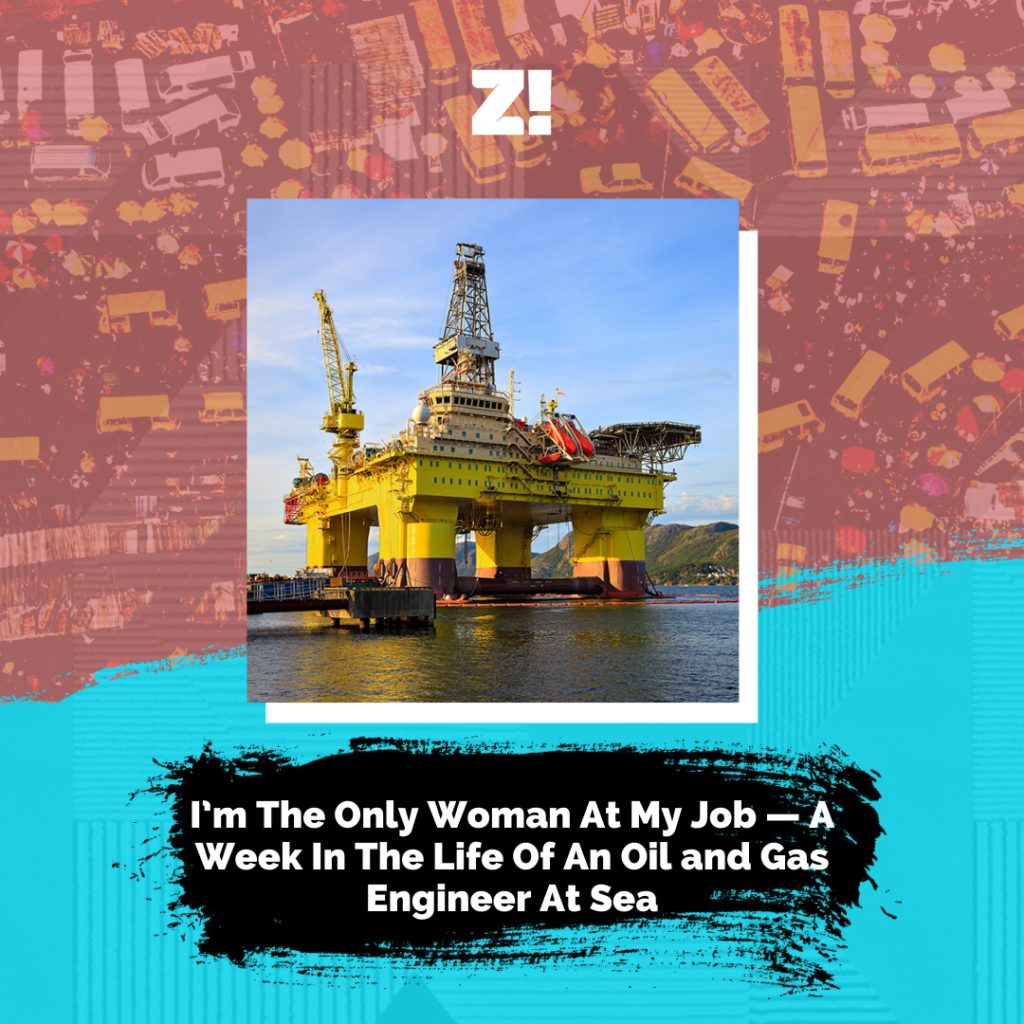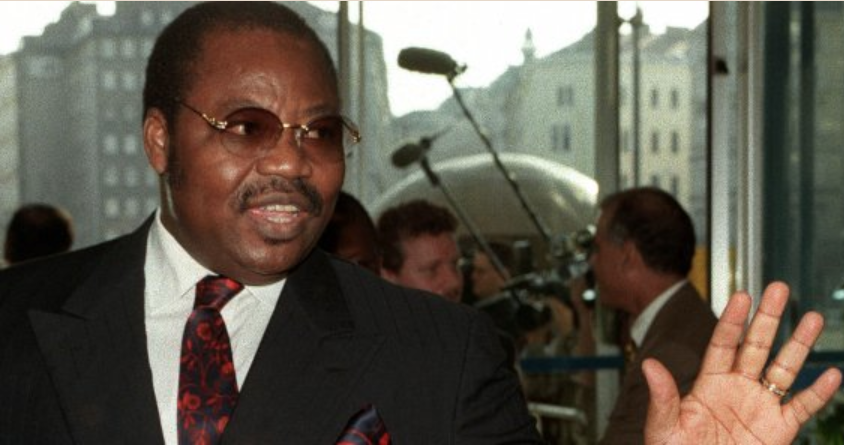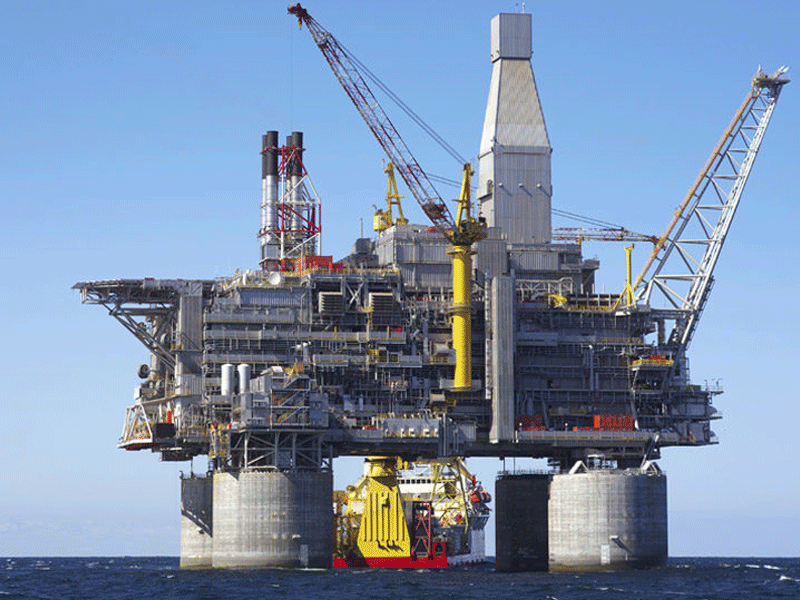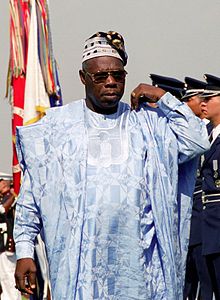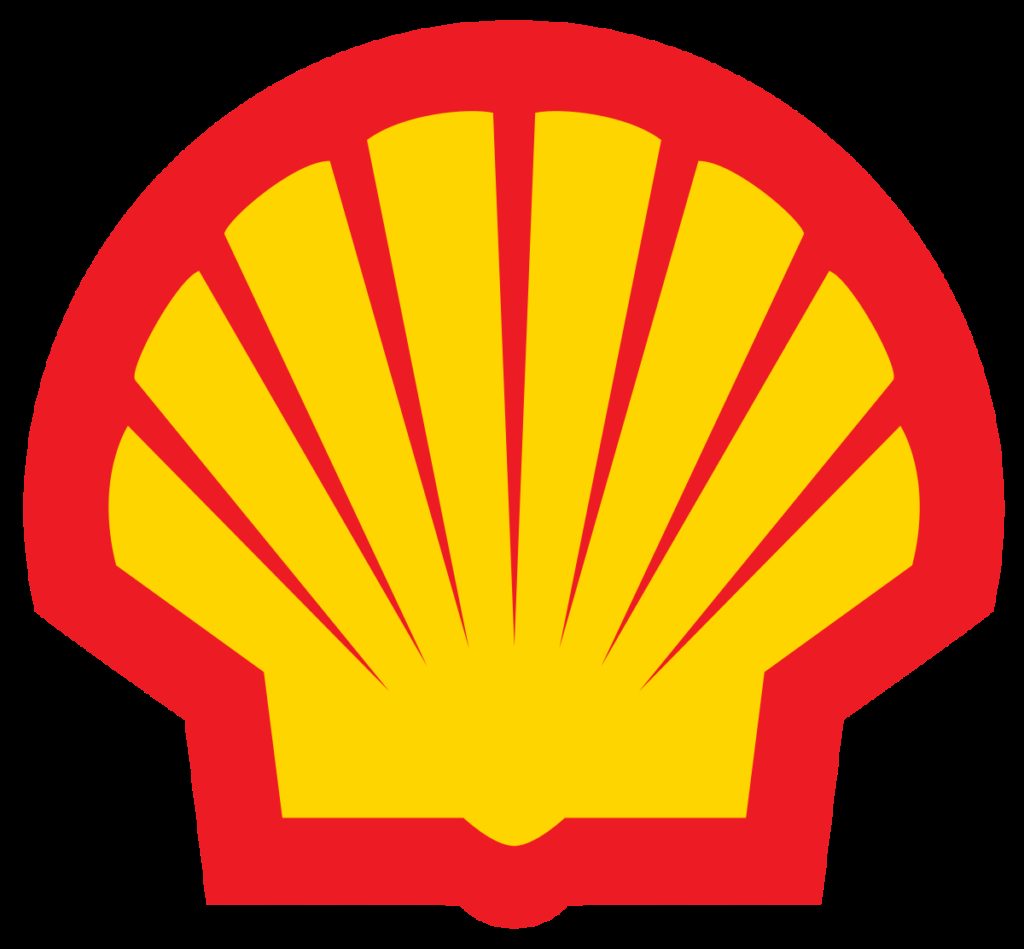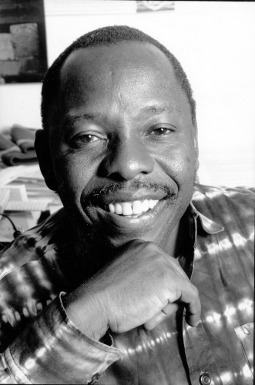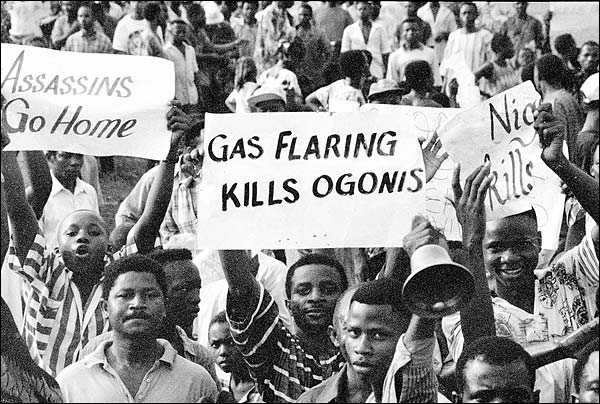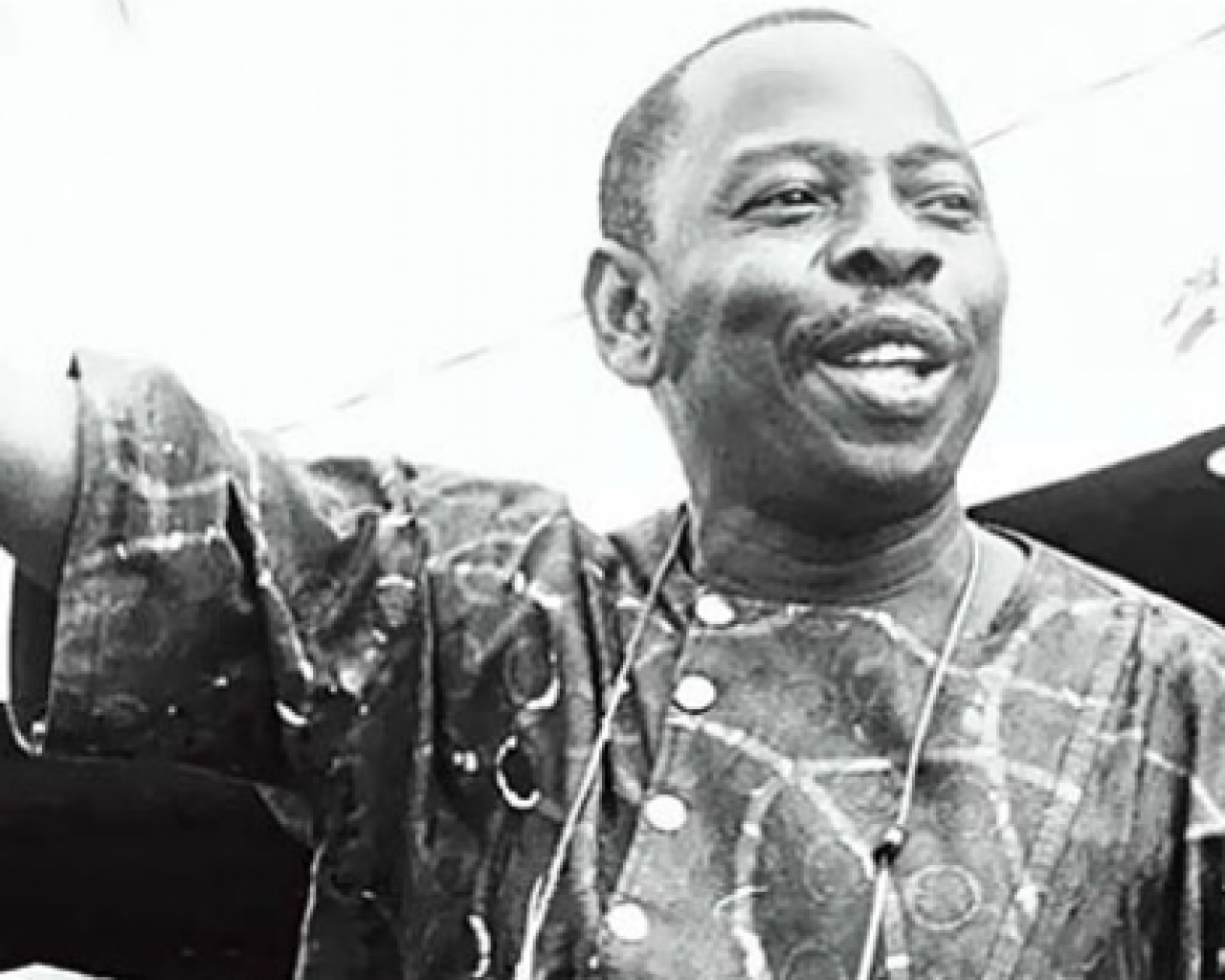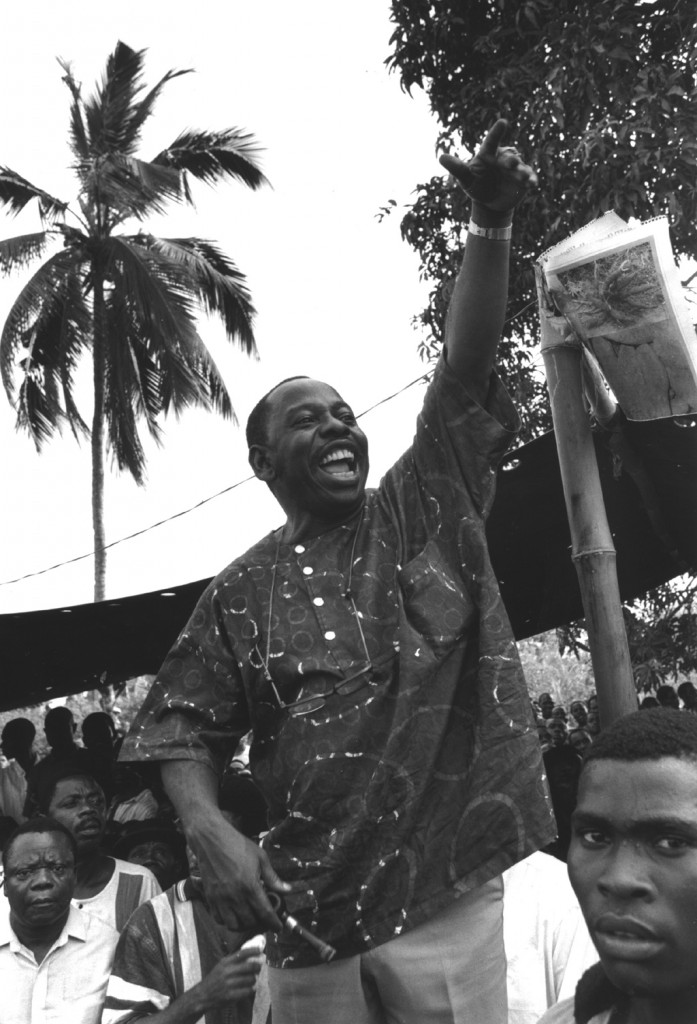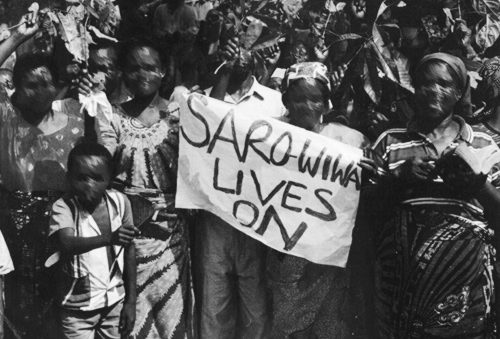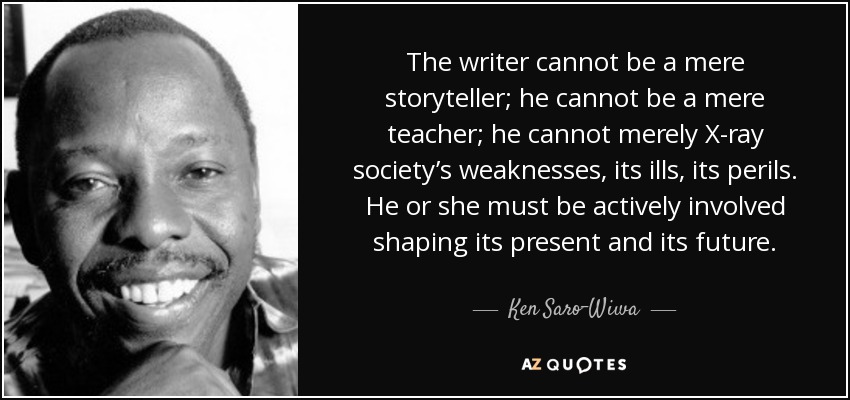Today’s subject of Navigating Nigeria is Titilope who manages a filling station in Bariga, Lagos . She talks about what fuel scarcity means for a filling station manager and how much of it is really good or bad for business.
What does a filling station manager feel about a fuel scarcity crisis?
Whenever a fuel scarcity crisis happens, it’s mixed feelings for me. On one hand, we’re excited about the price surge because it’s an opportunity for us to make more in sales. Selling a full truck or two in a day gives you access to higher profit margins. But on the other hand, it can be very stressful because we enter a race with the big guns in Nigeria’s oil industry to get fuel products at very exorbitant prices.
What caused this latest fuel scarcity?
The current fuel scarcity actually started on Thursday, October 20, 2022 — Nigerians just didn’t notice it. On that day, nobody could place an order because naval officers didn’t allow vessels to land at the ports. Unofficially, we were told there was a fight but it’s privileged information so I won’t mention the people involved. The landing cost of fuel increased as a result and the few operators who had stock increased their prices.
Mad
Last week for example, we were getting stock as high as ₦168 per litre because there was limited stock. Don’t also forget that there are floods affecting various parts of the country. In fact, at the depot two weeks ago, the government didn’t allow filling stations based in southern Nigeria to load up fuel. Priority was given to filling stations in states affected by the floods. So, if there are 10 trucks loaded up, states in the northern region like Kogi got top priority, meaning that the southern states have to fight for the few available trucks left.
Wow
As at Thursday, no new vessels had come in for landing. From Thursday till Monday, the effect of no landing is what Nigerians are now experiencing in the form of fuel scarcity. This also affects us as dealers. For instance, I wanted to place an order on Friday but I couldn’t because the available product had already been hijacked by the big wigs. So, small companies like us can’t compete.
Another thing is that in situations like this when there’s scarcity, companies like Forte Oil, Conoil, NNPC that operate downstream have the advantage. Naturally, they’ll give priorities to their own filling stations.
There was product in the free market but it was as high as ₦178 per litre even though the retail price is ₦170. Many people didn’t buy and that’s why you see a lot of filling stations locked up because the owners are thinking about it.
Don’t also forget that there was a blackout in many parts of Nigeria during the weekend. The blackout caused a surge in demand for fuel and we exhausted our stock by Sunday with nothing to fall back on.
Mad. So how are fuel marketers getting along?
Since it’s looking like a full-blown scarcity in the next few days, we may be willing to take the risk to buy as high as ₦178 per litre, even though government agencies like the Department of Petroleum Resources (DPR) will still come to bully us. Despite knowing we buy at these high prices, they expect us to sell to Nigerians at ₦170 per litre.
These are the things that many people aren’t willing to get involved in. The DPR doesn’t even deal in petty bribes of ₦50,000, they deal in bribes of hundreds of thousands. When you buy at ₦178 and sell at ₦170, how can you gain?
Don’t also forget that we pay taxes. To load a truck within Lagos you pay as high as ₦250,000, and ₦400,000 outside Lagos. When you consider these things, it’s not favorable for us in the long run.
How badly does this affect your pocket?
The impact for us is that we all have to sit at home. We can’t afford to get into trouble with government officials and Nigerians won’t know that the scarcity isn’t our fault. We can’t afford to buy what we can’t sell, and those that can sell simply increase the prices — probably because they have the money to bribe the DPR.
Since Sunday night I’ve been observing the trend through inside sources and driving around to see if our competitors are selling or not. Generally, I’m just testing if the water is shallow enough to put my leg in.
That process must be stressful
It’s not easy. It’s a family business and when my father started it, it wasn’t this hard. Right now, we’re just doing it for the sake of doing it because profit margins are as low as ₦2 or ₦1. You buy stock at ₦164 but it’s ₦165 tomorrow and ₦166 the day after. That’s what happens when there’s no proper regulation.
If you don’t want Nigerians blaming station managers like you, who should we be talking to?
NNPC and the Nigerian government. The Independent Petroleum Marketers Association of Nigeria (IPMAN) are trying their best, but what do you expect us to do? Think about it, if we’re buying today at ₦183, we have no choice but to sell to Nigerians at ₦200 per litre, at least.
What’s the way out of this current scarcity?
There’s hope it’ll end soon because we’re in the election season and the government in power wouldn’t want it to last for too long. The fuel scarcity may end towards the end of this week, or next week.
What needs to happen to avoid the next fuel scarcity?
Proper management. The NNPC in all honesty has shown that they don’t have the capacity to manage this thing — there’s too much corruption. So what they do is allocate to the big guys who have the capacity to hoard products — the whole thing revolves around a circle of people. Despite laws in place against this, the government isn’t implementing anything. The NNPC isn’t supposed to have exclusive authority over everything.
ALSO READ: Navigating Nigeria: My Encounter With the Police Left Me With PTSD



